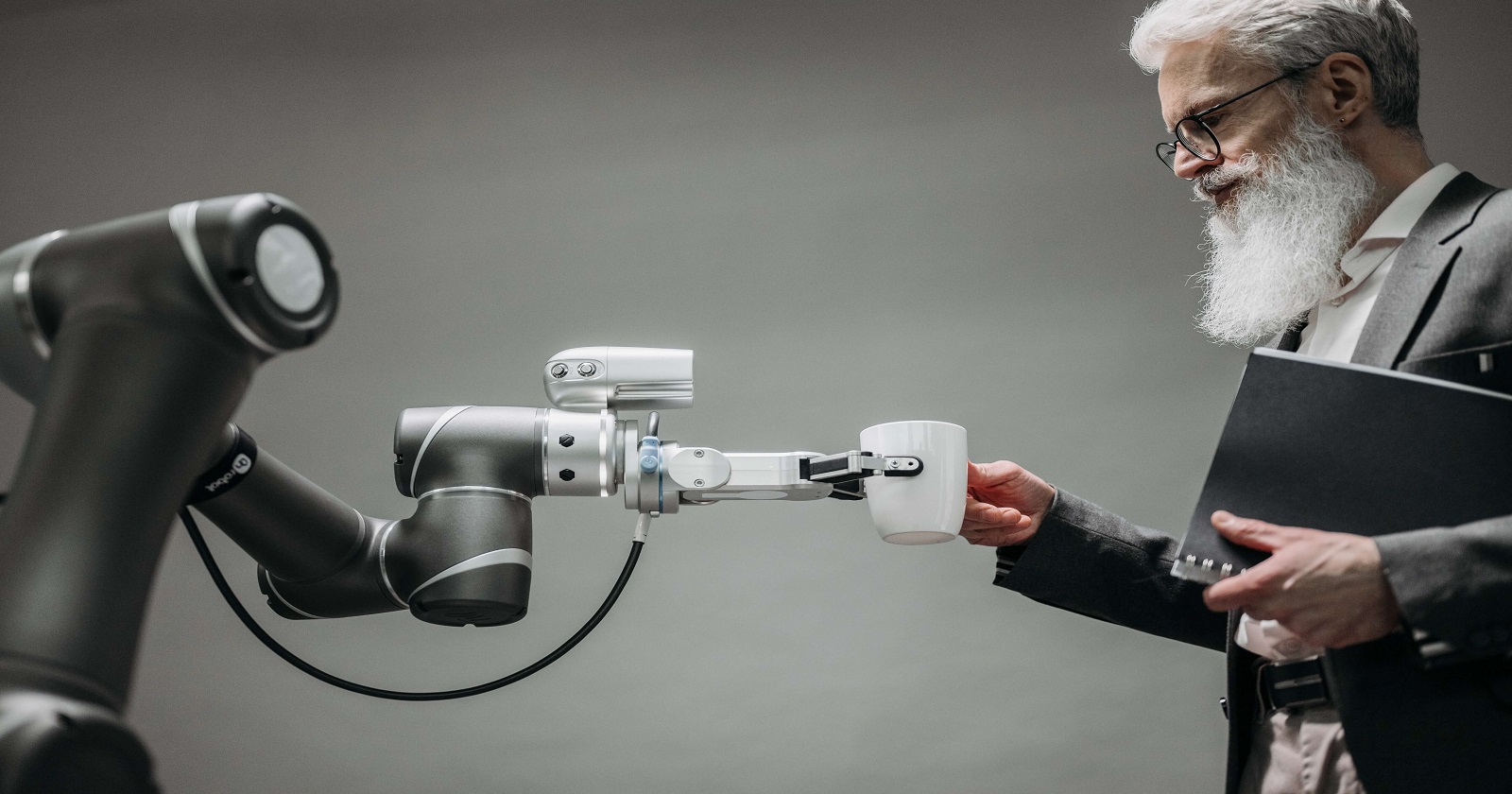Ethics of Artificial Intelligence
 Onwubiko Emmanuel
Onwubiko Emmanuel
AI Ethics is a hot topic these days and it affects all of us in some way or the other. As AI becomes more advanced and integrated into our daily lives, it's important to understand the ethical implications and how we can ensure that it is used in a responsible and fair manner.
What is Ethics
Ethics is a branch of philosophy concerned with moral principles that govern individuals and their behaviour. Ethical principles often guide people to do the right thing and avoid harmful consequences. Ethics is not just about following the rules but also considering the potential consequences of our actions and their impact on others.
The Ethics of AI
So, what is AI Ethics all about? It's basically about ensuring that the development and use of AI are guided by ethical principles. AI has the power to revolutionize various industries like healthcare, finance, transportation, and more. It can make our lives easier and more efficient, but it also has the potential to cause harm if not used responsibly.

As we continue to integrate AI into our daily lives, we need to be aware of its potential biases. For instance, if the data used to train an AI system is biased, the system will also be biased. This can lead to unfair outcomes, especially in areas like healthcare and criminal justice, where biased AI systems could have serious consequences.
Another important aspect of AI Ethics is privacy. As AI systems have access to more and more personal data, it becomes crucial to ensure that this data is used in a responsible and safe manner. We also need to consider accountability - as AI becomes more autonomous, it becomes more difficult to hold individuals responsible for their actions. It's important to have clear guidelines in place for accountability.
Who is this for?
So, who is the target audience for AI Ethics? Well, it's pretty much everyone! From developers and engineers who create AI systems, to policymakers and regulators who shape the legal framework around AI, to individuals who use AI systems in their daily lives. We all have a role to play in ensuring that AI is developed and used ethically.
Scenarios where the ethics of AI can be considered
Healthcare: As healthcare providers use AI systems to diagnose and treat patients, it's important to ensure that these systems are fair and unbiased. For example, an AI system that is trained only on data from certain populations may not accurately diagnose conditions in patients from other backgrounds. This could lead to discriminatory outcomes and impact patient care.
Hiring: AI systems are being used more frequently in the hiring process to screen candidates. It's crucial to ensure that these systems are not biased against certain groups of people. For example, an AI system that is trained on data that predominantly favour male candidates may discriminate against female candidates. This could lead to a lack of diversity in the workplace and unfair hiring practices.
Criminal justice: AI systems are being used to make decisions in the criminal justice system, such as predicting the likelihood of recidivism or determining the severity of a sentence. It's important to ensure that these systems are fair and unbiased, and do not perpetuate existing biases in the criminal justice system.
Autonomous vehicles: As self-driving cars become more common, it's crucial to consider the ethical implications of their decisions. For example, if a self-driving car has to make a decision between saving the life of its passenger or a pedestrian, what decision should it make? These decisions have significant ethical implications and need to be carefully considered.
Social media: As AI systems are used to moderate content on social media platforms, it's important to ensure that these systems are not biased against certain groups or perpetuate harmful content. It's also important to consider the impact of these systems on free speech and the potential for censorship.
These are just a few scenarios where AI Ethics needs to be considered. As AI continues to advance and become more integrated into our daily lives, we need to be vigilant about its ethical implications and ensure that it is used in a responsible and fair manner.
Conclusion
In conclusion, AI Ethics is a complex and important topic that affects us all. By considering the potential impacts of AI systems, addressing biases in data used to train AI, and establishing clear guidelines for accountability, we can harness the power of AI to create a more just and equitable society.
Subscribe to my newsletter
Read articles from Onwubiko Emmanuel directly inside your inbox. Subscribe to the newsletter, and don't miss out.
Written by
Onwubiko Emmanuel
Onwubiko Emmanuel
Emmanuel is a Software Engineer || Cloud Engineer || Technical Writer || Technical Product Manager